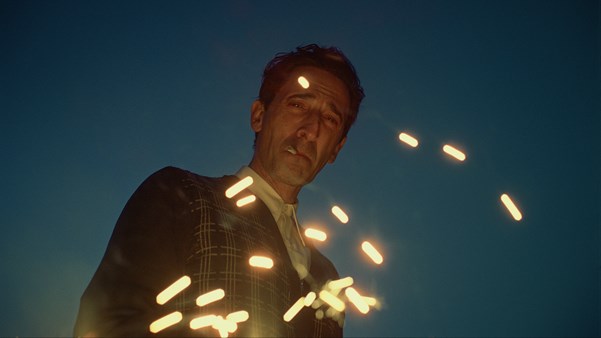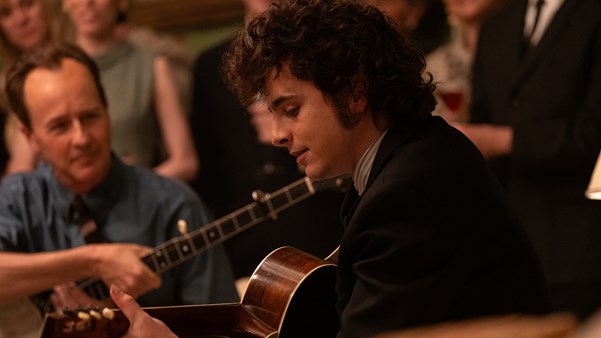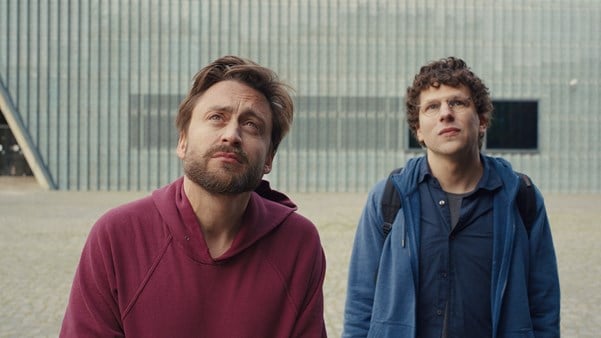In his many female-fronted character studies – like the BAFTA-nominated Hard Truths – the social-realist British director shapes the lead roles with his actresses to ensure authenticity, writes Laura Venning.

As much as Hard Truths marks a welcome return for Mike Leigh, his first film in six years, above all it’s a testament to the extraordinary and undersung talent of Marianne Jean-Baptiste, reuniting with Leigh on screen for the first time since Secrets & Lies (1996). She’s a towering presence in the film as Pansy Deacon, a middle-aged woman so frightened by intimacy that she deliberately repels those around her with unrelenting hostility.
In the first half of the film, Pansy’s misanthropy is played mostly for bitter laughs as she grumbles about the absurdities of her suburban London life. She unleashes some very funny diatribes, including a dinner-table rant about baby clothes with pockets (‘What’s it gonna keep in its pocket? A knife?’). But as the film progresses the humour collapses, giving way to piercing, profound observations about the human condition. Only her sister Chantelle (Michele Austin) seems to have any sense of how vulnerable she really is, and offers her a place of real love and acceptance.
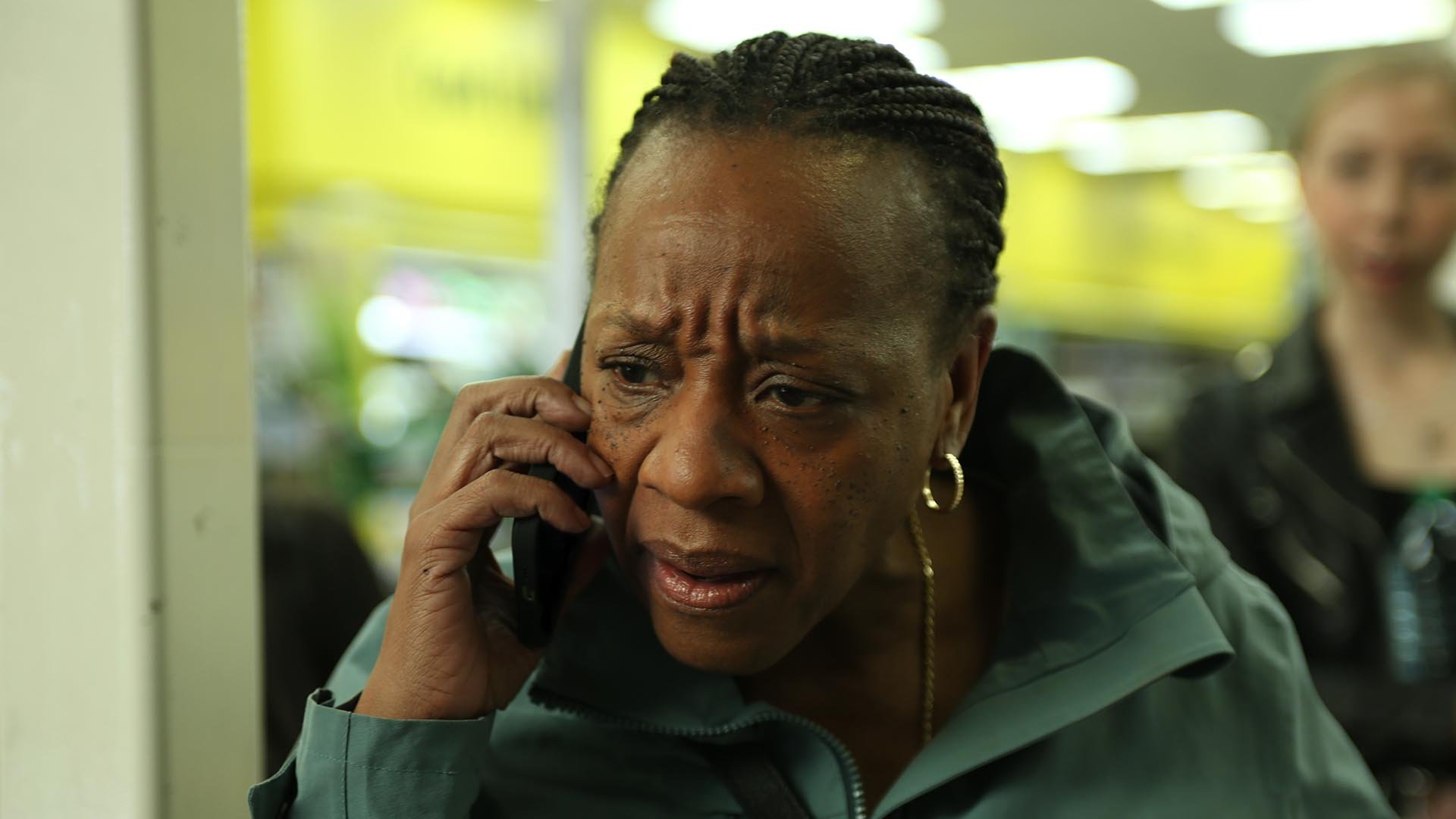
As any Leigh devotee will know, his oeuvre, encompassing over 30 individual works including feature films, television plays and theatre, has always been concerned with the interiority of women. From the gloriously vulgar Beverley (Alison Steadman) in Abigail’s Party (1977) to longtime best friends Hannah (Katrin Cartlidge) and Annie (Lynda Steadman) in Career Girls (1997), his films offer rich, nuanced portrayals of women that are roles of a lifetime for the actresses who play them. But as Leigh devotees will also know, he doesn’t just sit down and write a script. His films come from a long process of devising and improvisational exercises, building them organically from actors’ own experiences and thereby making them all the more real.
His first feature film Bleak Moments (1971) tells the story of Sylvia (Anne Raitt), a shy secretary living with her sister Hilda (Sarah Stephenson), who has a learning disability. Sylvia keeps her emotions buried deep as she tries in vain to forge bonds with those around her, her quiet desperation a microcosm of the difficulties of human connection. Two years later, Leigh would turn his attention to the experiences of an older woman in Hard Labour (1973), a BBC Play for Today about the domestic and working life of a long-suffering cleaner (Liz Smith), loosely inspired by his mother’s cleaning lady. Leigh deftly depicts the collision of the working and middle classes, and the backbreaking work society expects women to do.
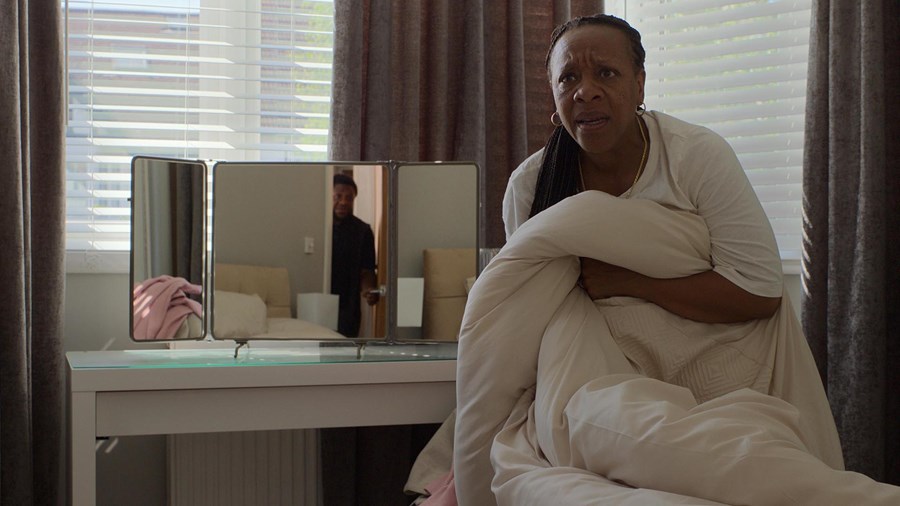
Hard Truths (2024)
Turning our gaze to some of his later films reveal female characters who aren’t as self-sacrificing but are all the more compelling to watch. In Leigh’s breakout Life is Sweet (1990), Jane Horrocks plays troubled 22-year-old Nicola. Abrasive and anguished, she hurls insults at her dysfunctional but loving family while struggling with bulimia. ‘If you hate me so much why don’t you throw me out?’ she spits at her mother (Alison Steadman), who’s trying to break down her emotional walls. ‘We don’t hate you! We love you, right, you stupid girl!’ she replies in exasperation. And the Palme d’Or-winning Secrets & Lies features four complex women, each with their own private pain, including Marianne Jean-Baptiste’s Hortense, who’s grieving her adoptive mother while trying to build a relationship with her emotionally fragile birth mother, Cynthia (Brenda Blethyn).
But although Leigh’s work has featured plenty of beautifully crafted female characters, he hasn’t escaped feminist criticism. Naked (1993), for which Leigh won the Best Director prize at Cannes, was the subject of an outcry against its more submissive female characters and portrayal of sexual violence. That the film’s protagonist, a loquacious drifter named Johnny (David Thewlis), is a misogynist is hard to dispute. The film opens with him raping a woman in an alleyway, and he treats every woman he encounters abominably. And yet you could argue that Leigh, always intent on showing the truth of human behaviour, neither sensationalises nor excuses Johnny’s actions, merely depicts them as a component of a fractured, violent psyche.
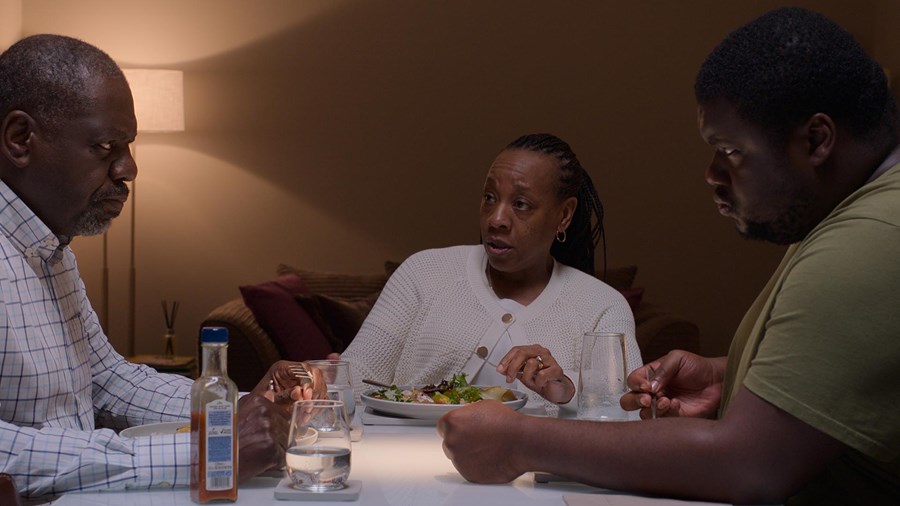
Hard Truths (2024)
Unlike the films of Ken Loach, to whom he is often compared, Leigh’s work tends to steer clear of overtly political statements. One exception is the austere, Golden Lion-winning Vera Drake (2004), a film that remains shockingly relevant two decades after it was made and 75 years after it’s set. Imelda Staunton plays the titular altruistic housewife who ‘helps young girls out’, performing free illegal abortions for poor, desperate women in 1950s London. A subplot depicts Sally Hawkins’ upper-class rape survivor obtaining a safe, legal abortion thanks to her wealth and connections, while the girls Vera sees have no choice but to undergo a dangerous procedure that could land them in prison. By showing this disparity, Leigh makes a clear argument in support of reproductive rights, and in recent interviews he has stated that he’d like Vera Drake to be shown in every state in America in response to the repeal of Roe v. Wade.
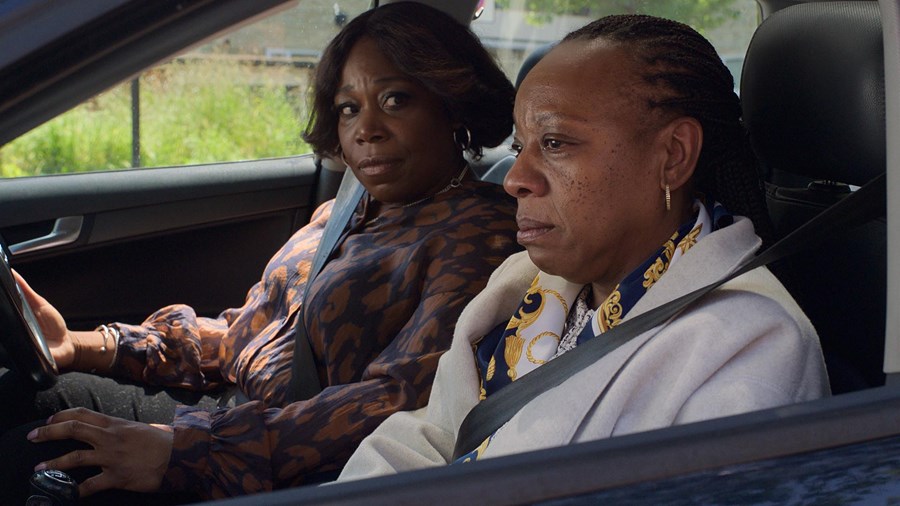
Hard Truths (2024)
And finally, although ostensibly they couldn’t be more different, a surprising parallel can be drawn between Pansy in Hard Truths and Sally Hawkins’ Poppy in Happy-Go-Lucky (2008), Leigh’s last film that focused on an individual female protagonist. Where Pansy is hardened and angry, primary-school teacher Poppy is effervescent and warm, but both are guilty of being unwilling to step outside their own experiences and of imposing their perspectives on everyone around them. Although she’s much easier to like, Poppy’s incessant optimism can be as grating and self-serving as Pansy’s melancholy is overbearing.
Like Hawkins in Happy-Go-Lucky, Jean-Baptiste seamlessly inhabits her character in Hard Truths, imbuing Pansy with the full-throated honesty that you will always find in a Mike Leigh film. Although hardly a feminist filmmaker actively seeking to combat misogyny in the industry, his collaborative process with such singularly talented actresses throughout his long career results in such delicately observed female characters. We can only hope that it isn’t such a long wait until Leigh’s next understated potential masterpiece.
WATCH HARD TRUTHS IN CINEMAS


